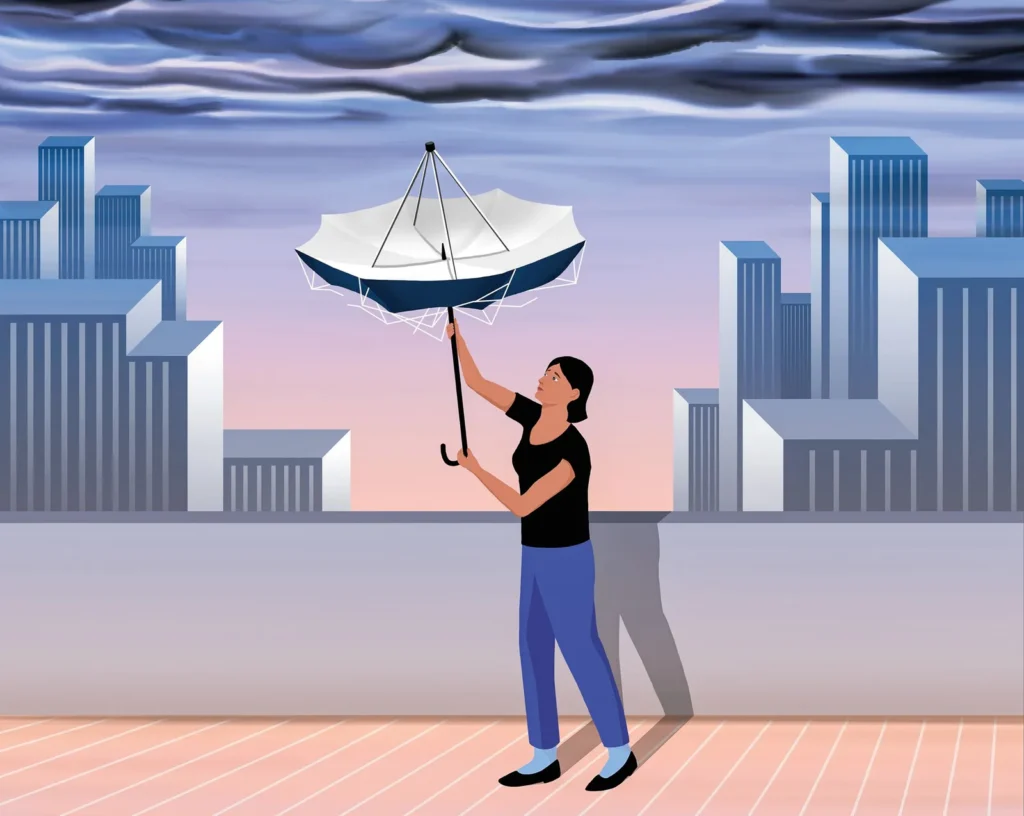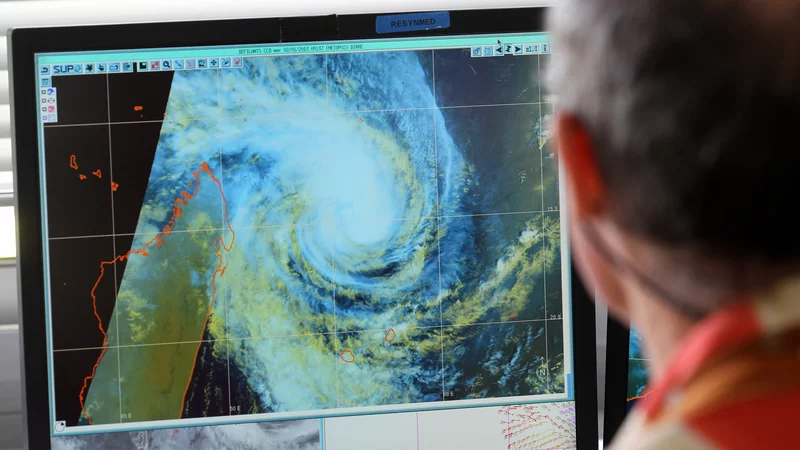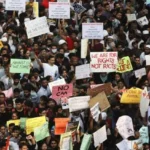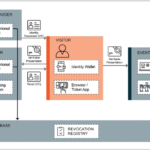Introduction: When Wi-Fi Becomes a Weapon
Okay, let me ask you something strange: have you ever seen a weather report and thought,
“Is this… biased?”
No? Same here — at least, not until I started digging.
Weather forecasting has always felt like one of the few neutral corners of modern life. You check your app, see the little cloud emoji with a lightning bolt, and adjust your plans. No drama. No spin. Just science, right?
But in today’s world — where everything is up for debate, from facts to feelings — even the skies are starting to get politicized.
Yeah, we’ve officially entered an era where the weather report might carry more weight than just telling you if you’ll need an umbrella.
The Weather Forecast Has Always Been More Than Just Science

Let’s not pretend forecasting was ever completely “apolitical.” It’s been used for military operations, agricultural decisions, disaster relief planning — all things that affect millions of people and billions of dollars.
Weather forecasts can move markets and shift national strategies. That’s not small potatoes.
But in recent years, we’ve seen something deeper start to surface: the battle over truth, trust, and control is creeping into meteorology. And it’s not just about hurricanes anymore.
Climate Change: The Lightning Rod in Weather Forecasts
Let’s talk about the elephant in the forecast: climate change.
You can’t really talk about “weather patterns” anymore without bumping into climate politics. The line between what’s a freak storm and what’s a long-term warming trend has become the hottest debate — pun very much intended.
Some forecasters feel pressure not to “alarm” people. Others get accused of being part of a “climate agenda.” It’s gotten so bad that scientists have received threats for linking heatwaves or floods to climate change.
Suddenly, telling the truth about rising temperatures isn’t just science — it’s activism.
Who Controls the weather Forecast, Anyway?
Here’s where it gets dicey: data and messaging.
Most of the weather data we rely on comes from government agencies — like the National Weather Service (NWS) in the U.S. or the India Meteorological Department. These agencies operate under political leadership, which means they can be influenced by shifting priorities.
Imagine a scenario where a government downplays an incoming storm to avoid panic… or worse, to prevent a political hit during election season. Now you’re not just talking about bad forecasting — you’re talking about potential disaster mismanagement. Wrapped in political spin.
And it’s not hypothetical. In 2019, the U.S. saw the infamous “Sharpiegate” debacle, where a political figure allegedly altered a hurricane forecast with a marker. Yup, that happened.
Tech Companies Are Stepping In — And That’s a Mixed Bag
With all the drama around government forecasts, you’d think tech companies like Apple, Google, or The Weather Channel would be the neutral heroes here.
And sure, they’ve made weather slick and user-friendly. But they’re not immune to politics either.
- Their algorithms prioritize certain warnings.
- Their platforms may choose which updates to amplify.
- Their ad revenue often depends on keeping users engaged, not necessarily fully informed.
When private companies become the gatekeepers of public weather information, what they choose to highlight — or ignore — becomes a political act.
Disaster Response and Inequality
Let’s take this further.
Have you noticed how some communities get more warning, more prep time, or more media attention during natural disasters? That’s no accident.
When the system prioritizes wealthy, urban areas for faster forecasts and clearer alerts, you’ve entered the world of weather inequality.
And when people in vulnerable areas get less accurate or slower information? That’s not just political — it’s dangerous. Forecasting has real consequences. And those consequences aren’t evenly distributed.
Why This Matters: The Future Looks Stormy (And Not Just Meteorologically)
Look — I’m not saying every weatherman is a secret political operative or that your weather app is gaslighting you. Most forecasters are hard-working scientists trying to help people stay safe.
But we’re entering a world where truth itself feels negotiable.
Where who you trust for information — even about the rain — says something about your values, your politics, your worldview.
And if the trend continues, weather forecasts might become yet another battlefield in the culture wars.
Which is, honestly, exhausting.
Conclusion
At the end of the day, a forecast should be about facts. Not spin. Not power plays. Just clear, honest info that helps us plan our lives and protect our communities.
But as we’ve seen with everything from elections to pandemics, once something becomes politicized, it rarely goes back to being neutral.
And if we’re not careful, we’ll wake up one day in a world where even the rain is partisan.
So yeah — the next time you check your weather app, ask yourself:
Is this just a forecast, or is it forecasting something deeper?
Read our more blogs –Protest in the Digital Age: Virtual Rallies and Online Resistance


